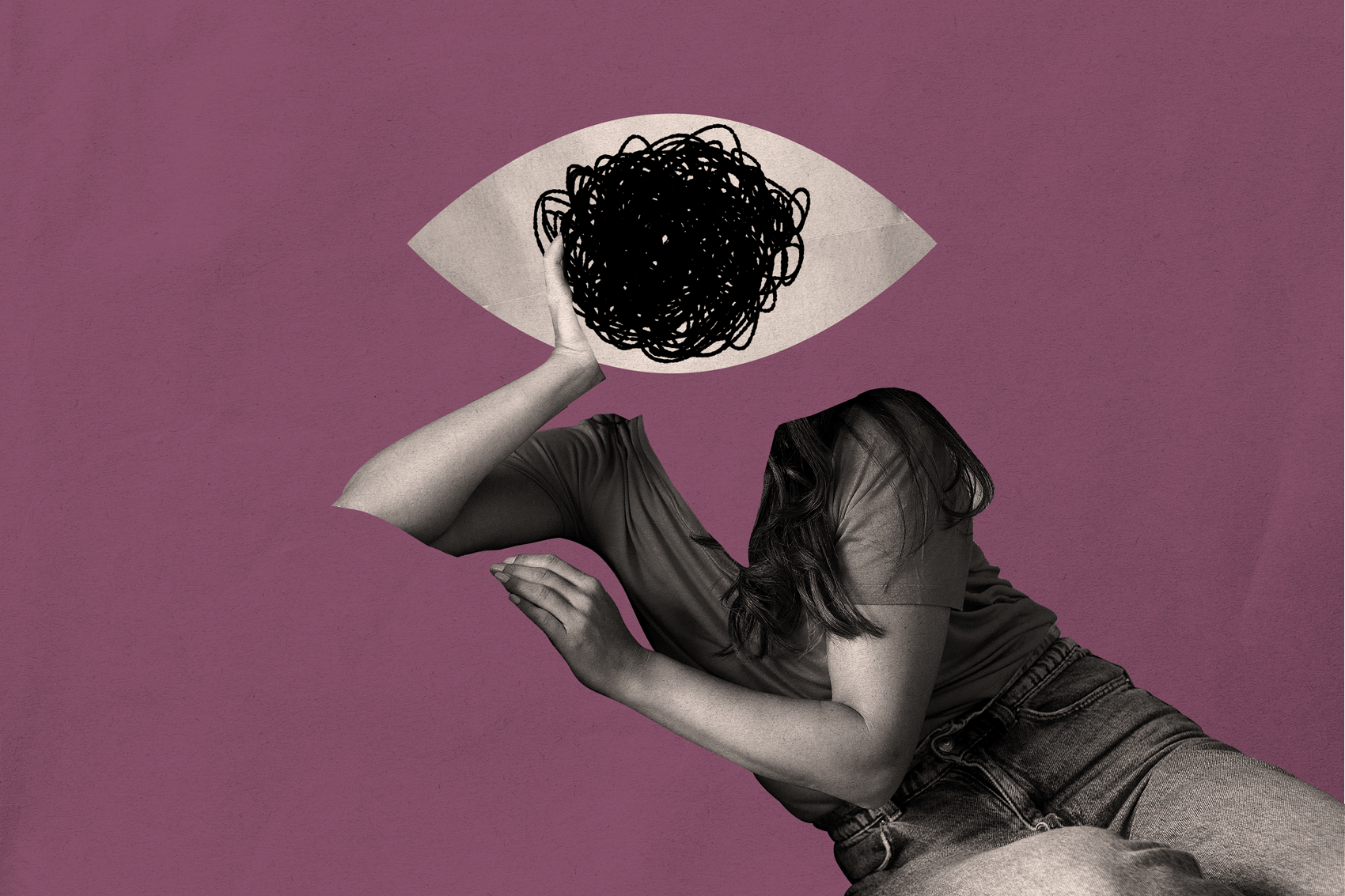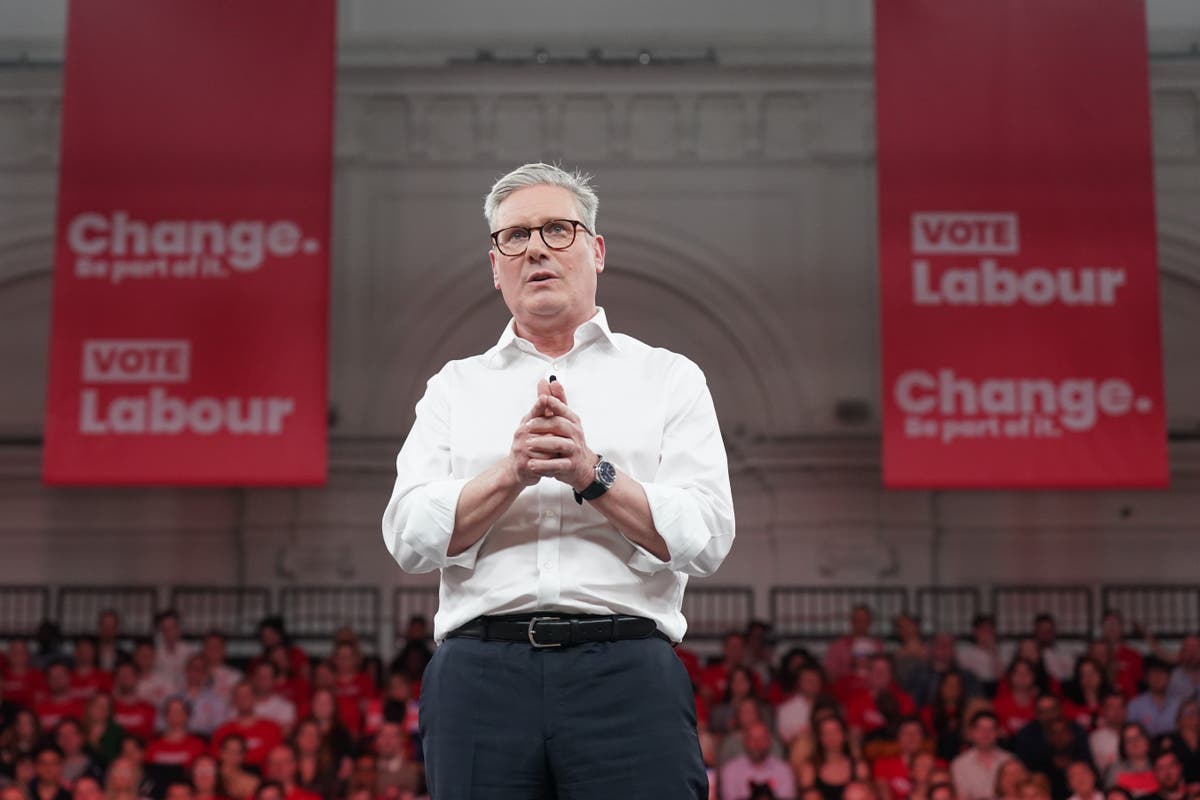We all have regrets, and they come in a myriad of shapes and sizes. Some people get upset over a minor bad decision, like an unnecessary impulse purchase. Others ruminate over defining moments, like turning down a potentially interesting job opportunity. For some, regret may be a slow-building indecision that amounts to a loss, like not having children.
But what if we could reimagine our memories, both recent and distant, to overcome feelings of regret?
That’s the focus of a new study, “Managing Regret: Emotion Regulation Modulates Decision-Making Regret,” co-authored by Crystal Reeck of Temple University and Kevin LaBar, a professor of psychology and neuroscience at Duke University.
The study, published in June in the journal Cognition and Emotion, used a gambling framework (you win sometimes, you lose sometimes) to explore participants’ decision-making processes. Sixty people were individually presented with various pairs of bets, each representing different probabilities of winning or losing real money. They were paid $10 for the hour of questioning, as well as extra money for points they had accumulated during the experiment. If they answered the questions incorrectly, they lost real money and might feel a pang of (you guessed it) regret.
Reeck and LaBar were able to measure the intensity of their regret through questions and psychophysiological recordings that measured how the participants' bodies experienced the emotion at the time.
Participants were encouraged to use two different emotional regulation strategies when faced with uncertainty during the study. The first, which the researchers called the “portfolio approach,” encouraged them to recognize that not every decision will turn out well and to focus on the long-term bigger picture.
“The idea is not to experience so many individual ups and downs, but to soften the reactions and be more balanced,” Reeck said.
The second strategy was the “all my money in one bet” strategy, which focused on each bet as if it were the only one.
“What we found was that using the portfolio approach led people to experience less regret and have less strong emotional reactions during the decision-making task,” Reeck said.
That same approach can be applied to real-life decision-making, going down memory lane, revisiting past decisions and putting a different frame on them, Reeck says. The end goal? Making better decisions in the present and, ultimately, experiencing less regret.
“It’s inevitable that every decision we make will not work out,” Reeck says. “We’re all going to experience some losses, but when we try to focus on the gains, it’s easier not to get bogged down in past regrets.”
We spoke with Reeck over the phone to learn more about how we can use her findings to overcome our regrets, no matter how big they are.
This interview has been lightly edited for brevity and clarity.
Why was regret an especially appealing emotion to you? Did you see something in society or in the people around you that drew you to the idea?
Regret is ubiquitous. When a decision doesn't turn out the way we expected and we see that if we had done something else things would have gone better, we regret it. And the trickiest thing about regret is that we can feel it even for decisions we're considering but haven't made yet. For example, you might be thinking about buying a sports car but then imagine how you'd feel if it broke down and needed maintenance. That anticipated feeling of regret might lead you to choose a safer vehicle.
I worked on this project when I was in my 20s and 30s, a time when my friends and family were making a lot of big decisions — getting married, changing jobs, pursuing higher education, making their first big purchases. And I realized that part of the worry about those big decisions is that they might regret something. Better understanding how regret works and how to overcome it can help people make those big decisions, even when they don’t turn out the way they expected. So that was part of the appeal.
What role does regret play in our lives and what is at stake when we try to reframe our feelings around it?
Regret can help us learn from our mistakes. Especially when there was a better option we could have chosen, those negative feelings of regret can help us choose more wisely in the future. And anticipatory regret, like with the sports car, can help us avoid risky decisions. The problem is that sometimes regret can lead us astray, like when we used a good process and made a good decision, but it didn't work out in our favor this time. Regret can lead us away from what we should take in the future.
A key example of this type of situation is the stock market. Sometimes, like in the last few weeks, the stock market can fall dramatically. You might regret losing money and walk away from your investment. But that's not what you should do if your reasoning for investing was sound: you'll just end up losing when the market recovers.
Tell us about the study itself. Why was a gaming framework used?
We needed a way to induce people to regret in the lab so we could study it. To do this, we asked them to make decisions between two different options, each of which involved some risk (there were no guaranteed outcomes). At some point, people choose an option that makes less money than the other option, leading them to feel regret.
How can we use the game framework to reframe our own feelings of regret?
Think broadly about how you made the decision. If the logic or approach you used was sound, you may feel more comfortable with the choice. You were probably unlucky, and if you had made the same decision ten times, it would have worked out in most cases.
One of the interesting things about regret is that there is a formula for calculating its influence on decision making. This way, you can analyze things like finding the highest value options and whether regret interferes with that. We found that for many of our participants, the portfolio approach led them to make better decisions that were less influenced by regret.
Here's a scenario: I'm an adult with a lingering regret: Let's say I didn't buy my dream house when I could afford it. How do I use your frame of reference to reshape my regret?
Focus on your reasons for not buying the home – were they sound and did they make sense with the information you had at the time? If so, be forgiving of the decision you made and remember that feeling of regret when the next once-in-a-lifetime opportunity comes along.
How can we reimagine our memories to change feelings of regret from the past? Tell us how.
Think about where you were when you made the decision. What information did you have at the time? Did you use what you knew well? Was the way you approached the decision reasonable and did you use a good strategy? If so, be forgiving of yourself. Remember that sometimes you win and sometimes you lose.
Think about what would happen if the decision you made had happened ten times instead of just once. Would you get the outcome you wanted most of the time and you just got unlucky? Keep in mind that you just want to do well overall, even if the occasional decision doesn't work out.












